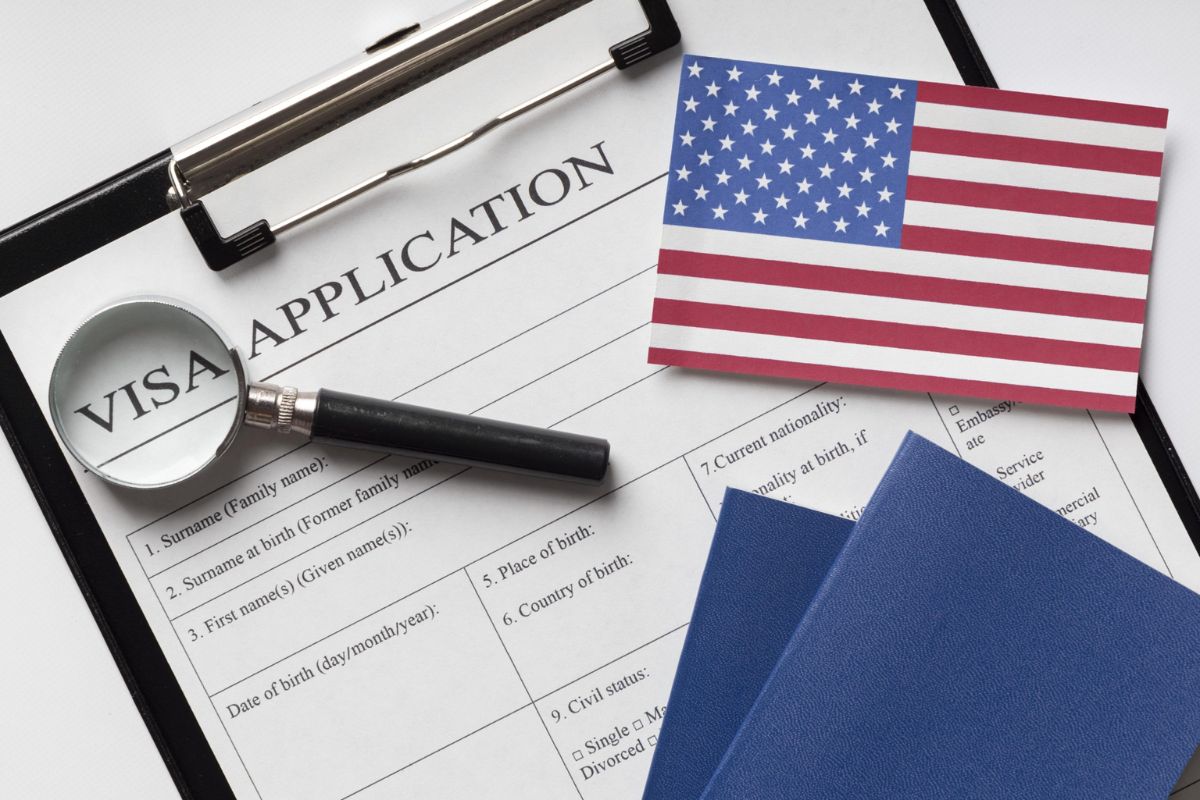In a significant development impacting travelers and foreign workers, the US Citizenship and Immigration Services (USCIS) has announced a hike in visa application fees across various categories, including the widely utilized H-1B visa.
This adjustment marks a critical shift for individuals and corporations relying on non-immigrant visas for employment in specialized sectors that demand advanced skills and training.
What is Premium Processing?
USCIS offers premium processing as an optional service that lets applicants expedite the processing of their petitions and applications. By submitting Form I-907, “Request for Premium Processing Service,” along with the required filing fee, applicants can typically receive a decision on their case within a guaranteed timeframe.
Last Chance to Save on Premium Processing Fees
As the clock ticks towards a new fee structure, You need to submit your Form I-907 by February 26, 2024, if you don’t want to be charged the new, higher fee. Starting February 26, 2024, it will cost more to speed up your visa application for certain types of visas. This change affects many forms, so it’s important to act quickly if you want to save money.
Who is Impacted?
This fee increase affects individuals seeking expedited processing for various visa categories, including:
- H-1B visa: Used by companies to hire foreign workers with specialized skills in fields like technology, engineering, and healthcare.
- F-1 visa: Issued to non-citizen students enrolled full-time at accredited US colleges or universities.
- M-1 visa: Issued to non-citizen students enrolled in vocational training programs at US institutions.
- J-1 visa: Issued to individuals participating in exchange programs in the US, like cultural exchange or research.
Fee Changes Effective February 26, 2024
Previously, the filing fee for Form I-907 was consistent across different categories. However, the new regulation introduces a tiered fee structure based on the specific form:
Revised Charges for Nonimmigrant Petitions:
Form I-129, Petition for a Nonimmigrant Worker: Now set at $2,805. This adjustment applies across various classifications, including E-1, E-2, E-3, H-1B, H-3, L-1A, L-1B, LZ, O-1, O-2, P-1, P-1S, P-2, P-2S, P-3, P-3S, Q-1, TN-1, and TN-2, catering to a wide range of nonimmigrant workers.
Updated Fees for Status Changes
Form I-539, Application to Extend/Change Nonimmigrant Status: Priced at $1,965. This fee is applicable for classifications including F-1, F-2, M-1, M-2, J-1, J-2, E-1, E-2, E-3, L-2, H-4, O-3, P-4, and R-2, offering options for individuals seeking to extend or alter their stay in the U.S.
Alternatives to Premium Processing
While premium processing offers faster decision times, it’s important to remember it’s an optional service. Standard processing timelines may still be suitable for some applicants. Individuals are encouraged to review USCIS processing times for their specific visa category and consider their budget constraints before opting for premium processing.
The Path Forward
The USCIS is updating visa fees, which means it’s essential for applicants to keep up and get ready for these changes. This adjustment affects many visa types, touching on work, study, and more. Knowing about the new costs and how fast your application will be processed is key to a smooth experience.
In short, with the latest fee increases for visa applications and premium processing, it’s important to be proactive. Make sure to stay informed, meet all deadlines, and pay the right fees to navigate through the US immigration process successfully.
Follow and connect with us on Facebook, Twitter, LinkedIn, Instagram and Google News for the latest travel news and updates!





